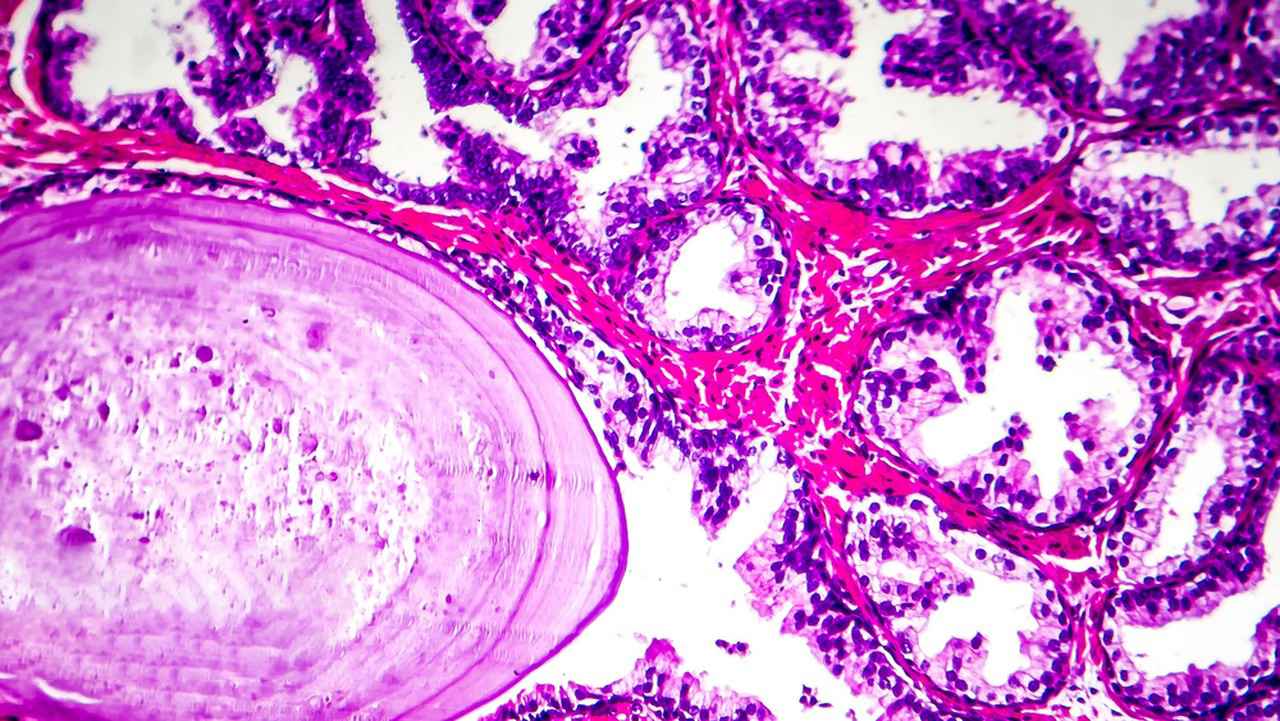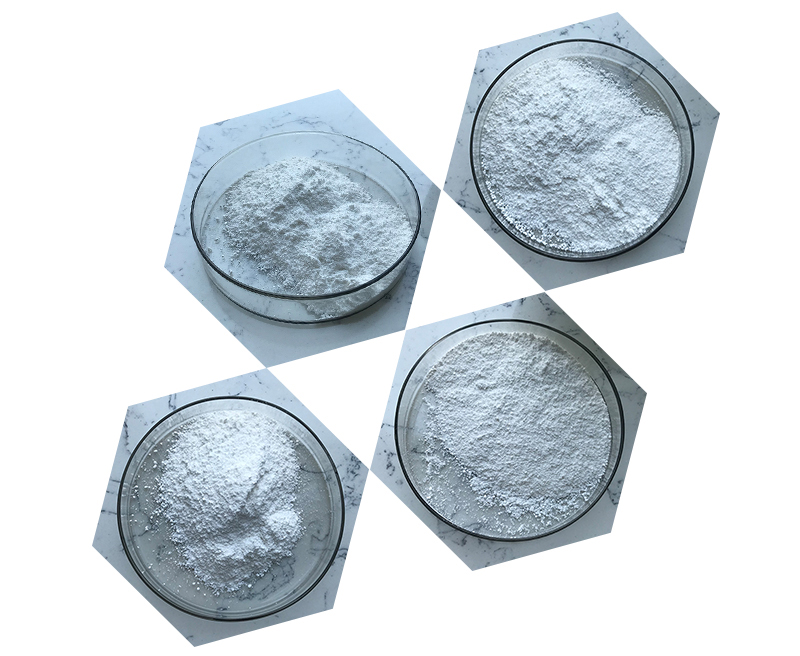Origin of Dutasteride
Dutasteride is a synthetic 5-alpha reductase inhibitor. It was developed to treat medical conditions associated with excessive conversion of testosterone into dihydrotestosterone (DHT). Dutasteride inhibits the enzyme 5-alpha reductase, which exists in two isoforms (Type 1 and Type 2). By targeting both isoforms, dutasteride offers a broader suppression of DHT compared to earlier drugs like finasteride, which only targets Type 2.
Dutasteride was approved by the U.S. Food and Drug Administration (FDA) in 2001 for the treatment of benign prostatic hyperplasia (BPH).

Nature of Dutasteride
- Chemical Composition: Dutasteride is a synthetic compound with the chemical formula C27H30F6N2O2.
- Mechanism of Action: It works by inhibiting the 5-alpha reductase enzyme, which converts testosterone to DHT, a hormone that contributes to conditions like prostate enlargement and androgenic alopecia (male pattern baldness).
- Pharmacokinetics: Dutasteride has a long half-life, which allows it to remain effective for extended periods after administration. Its effects on DHT suppression can last several months after stopping the medication.
Introduction and Uses of Dutasteride
- Benign Prostatic Hyperplasia (BPH): Dutasteride was initially introduced to manage BPH, a condition characterized by an enlarged prostate gland leading to urinary symptoms. It helps reduce prostate size and improve urinary flow.
- Male Pattern Baldness (Off-label): Though not officially approved for this indication, dutasteride is sometimes used off-label to treat androgenic alopecia due to its ability to reduce DHT levels.
- Combination Therapy: Dutasteride is often prescribed in combination with alpha-blockers (e.g., tamsulosin) for BPH management to improve urinary symptoms more effectively.

Key Considerations
- Side Effects: These may include sexual dysfunction (e.g., reduced libido, erectile dysfunction), breast tenderness or enlargement, and mood changes.
- Contraindications: It is contraindicated in women and children, and exposure during pregnancy should be avoided due to the risk of fetal abnormalities.
- Monitoring: Regular monitoring of prostate-specific antigen (PSA) levels is recommended, as dutasteride can lower PSA, potentially masking prostate cancer.
Would you like detailed information on specific aspects of dutasteride, such as its pharmacokinetics, clinical trials, or comparisons with other drugs?
